At the expert level in chess, players demonstrate a deep understanding of both tactics and strategy, consistently making precise moves while foreseeing complex combinations many moves ahead. Experts have a solid grasp of opening theory, allowing them to develop their pieces effectively while controlling key areas of the board. They are skilled in middle-game planning, knowing how to attack and defend based on the unique characteristics of the position. Furthermore, their endgame knowledge is extensive, enabling them to convert small advantages into wins or defend difficult positions to secure a draw. Experts are also adept at psychological aspects of the game, understanding how to create pressure and force mistakes from their opponents. Their games reflect a balance between creativity and calculation, making them formidable and versatile competitors.
Acheive your Goals with Archer
500+
Puzzle assigned
12+
Extra class
5+
Age group
1500+
Students






